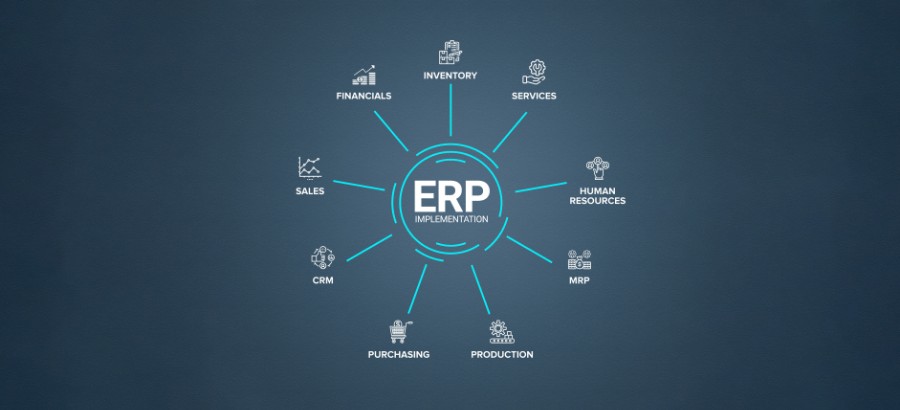Since December 2013 a record breaking 200% increase in rainfall in southern areas of the UK has brought about widespread flooding. Low lying areas close to rivers have seen the worst impact, and this has been compounded by increased rainfall on already sodden ground. With temperatures now dropping below freezing (it’s the UK winter months), there is the additional danger of ice, making deadly those areas already flooded.
Seeing the news reports of flooded property and ruined farmland saddens me, but it also reminds me of similar incidents the year before… and I ask myself the question: “why don’t people learn from past flooding events, and why are people not more prepared?”
Occasionally there are special news reports, featuring someone who has embraced change by either moving to 1st floor living, invested in floodgates or even bought in a boat! It gets me thinking of how much less stress that person has in life, simply because they adapted to the change; and it reminds me how bad a system upgrade or business process change, can be if a business isn’t prepared for the change.
In our ever changing world, as the Scouts say: “Be Prepared.” So whether you’re a person coping with a flood, or a business coping with a system upgrade, it is crucially important to bear in mind the following things:
1. Make sure you have time to react
Like a person keeping an eye on weather forecasts for flood alerts, businesses should make sure they give themselves enough time to prepare, plan and embrace the coming change and not rush into doing something because a budget or strategy demands it. Upgrading to SYSPRO 7 or SYSPRO Espresso, for example, is a fantastic step in the right direction, but did you consider how ready the business is for the change and how long it would take to make it ready?
2. Always, always, always… have a contingency plan
Just like not being able to predict the weather, most things in life do not go exactly to plan, therefore it is vitally important to have a contingency plan (like an expected flood resulting in a person moving to a higher floor but making plans for staying with family if the flood duration is longer). When upgrading a system, you should ensure that if expected conditions are not met, there is an alternative plan to make sure you give yourself every chance at success.
3. Establish the facts
If you don’t know what brought about a change, you can’t prevent the change, nor can you predict when something may happen to cause another change. (If you know you’re going to be hit by floods ever year, build adequate defences). If you know your IT policy states you must stay running on vendor supported hardware and software, you should then incorporate an upgrade into your five-year plan and ensure this includes a test and upgrade cycle.
4. Mitigate the risks
Don’t try and take on the whole project yourself if it isn’t possible for you to properly manage it, delegate tasks or certain areas to others. (In a flood situation, you wouldn’t build a floodgate or make a boat yourself, you’d leave that to the experts). If you plan upgrading to SYSPRO 7.0 or SYSPRO Espresso you may need to delegate certain areas, such as enhancement investigation or the take on of mobile technologies – these may be best left to those people that know them best.
5. Know your history
Ask yourself the question, what happened in the past when this event took place? What went wrong and what did we learn from the event? (If you get flooded through the front door every year, it makes sense to install a floodgate). If every time you upgrade your system, you choose not to upgrade the hardware or invest in familiarisation training, but then have to quickly do so afterwards because the last time the hardware wasn’t quite up to the job and there was an employee backlash, resulting in significantly reduced buy-in; then perhaps this time it would be prudent to ensure the hardware is sufficient and the end users receive adequate training?
6. Share your Knowledge
Whether you have been affected by a flood or system upgrade, you should make some attempt to record the details and share them with others, so that they too can benefit from the experience. Even if you have not been affected, communicating with others that have been through similar experiences helps avoid future mistakes and allows for a better understanding and strategy for coping with the change.
The better prepared you are, the higher your chances of success will be when change comes!








